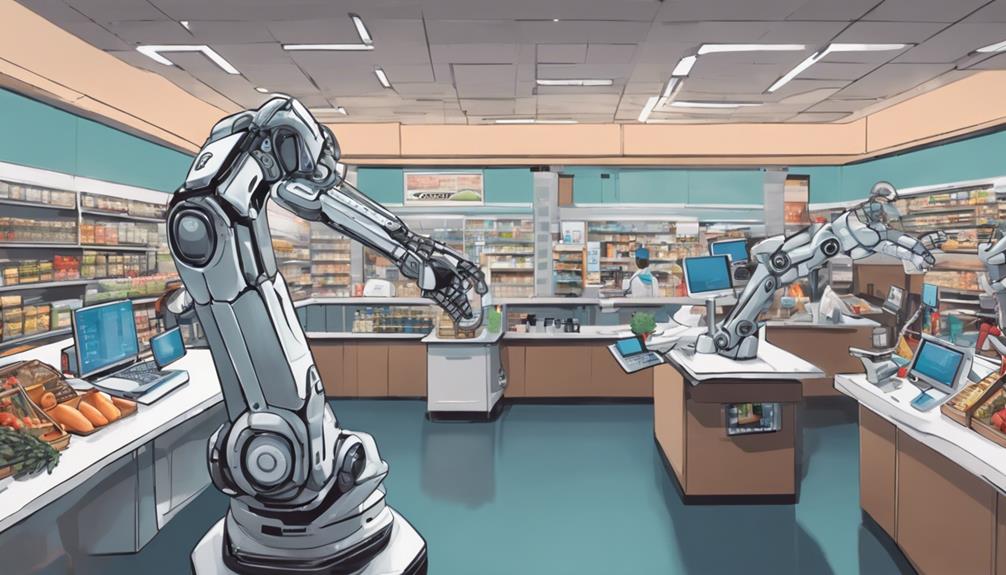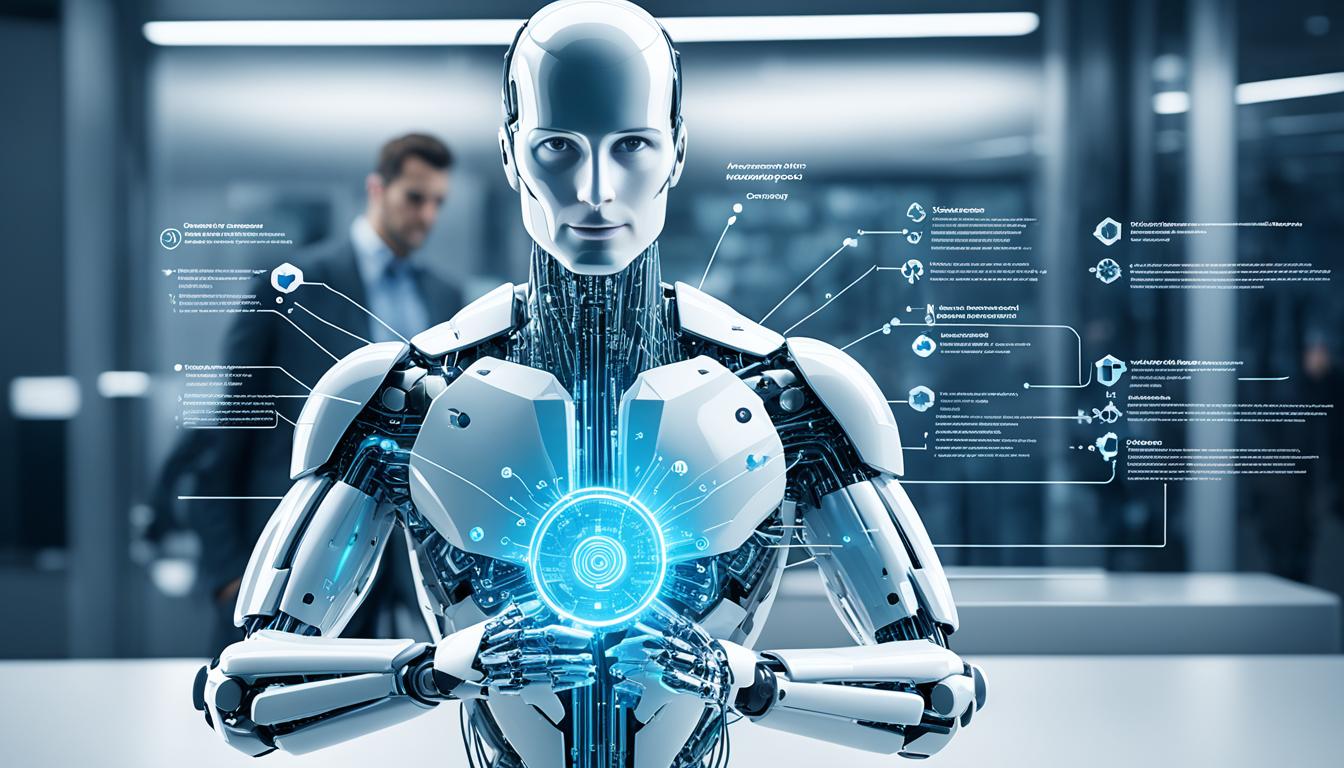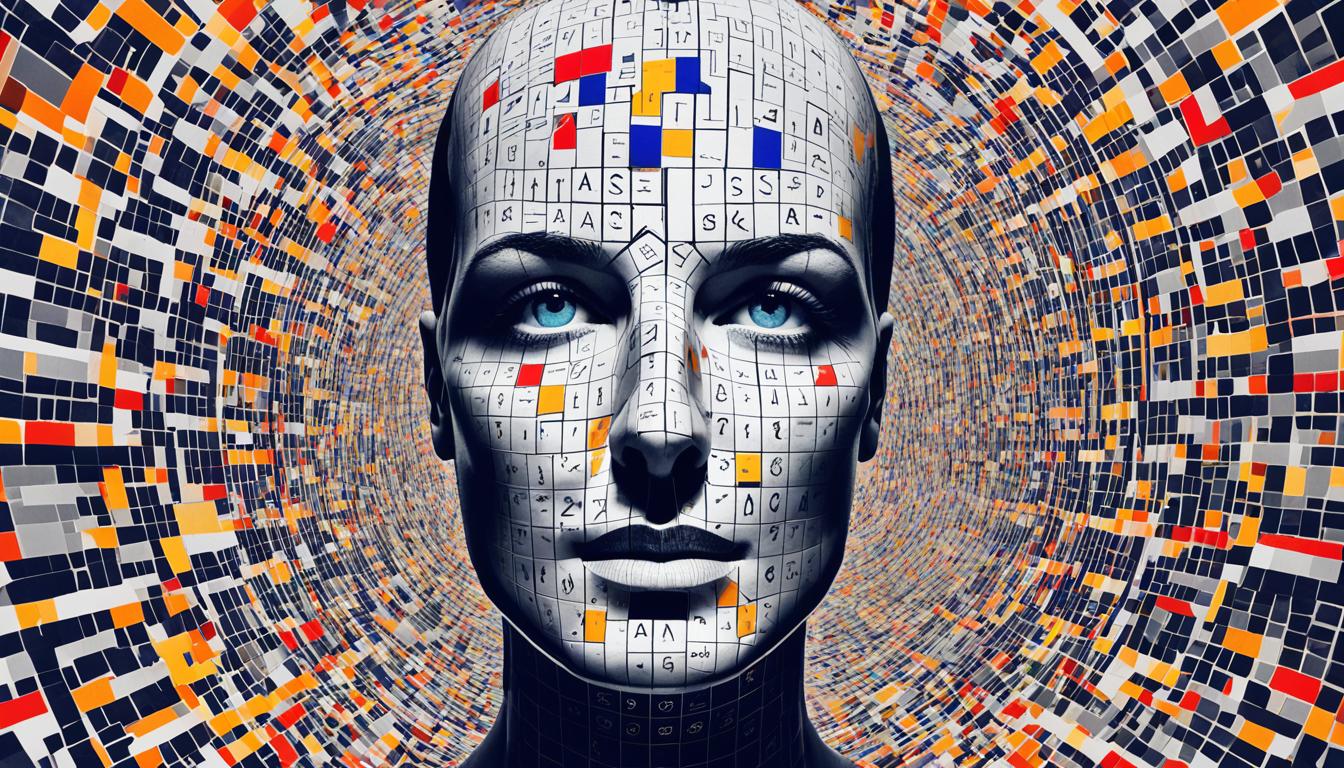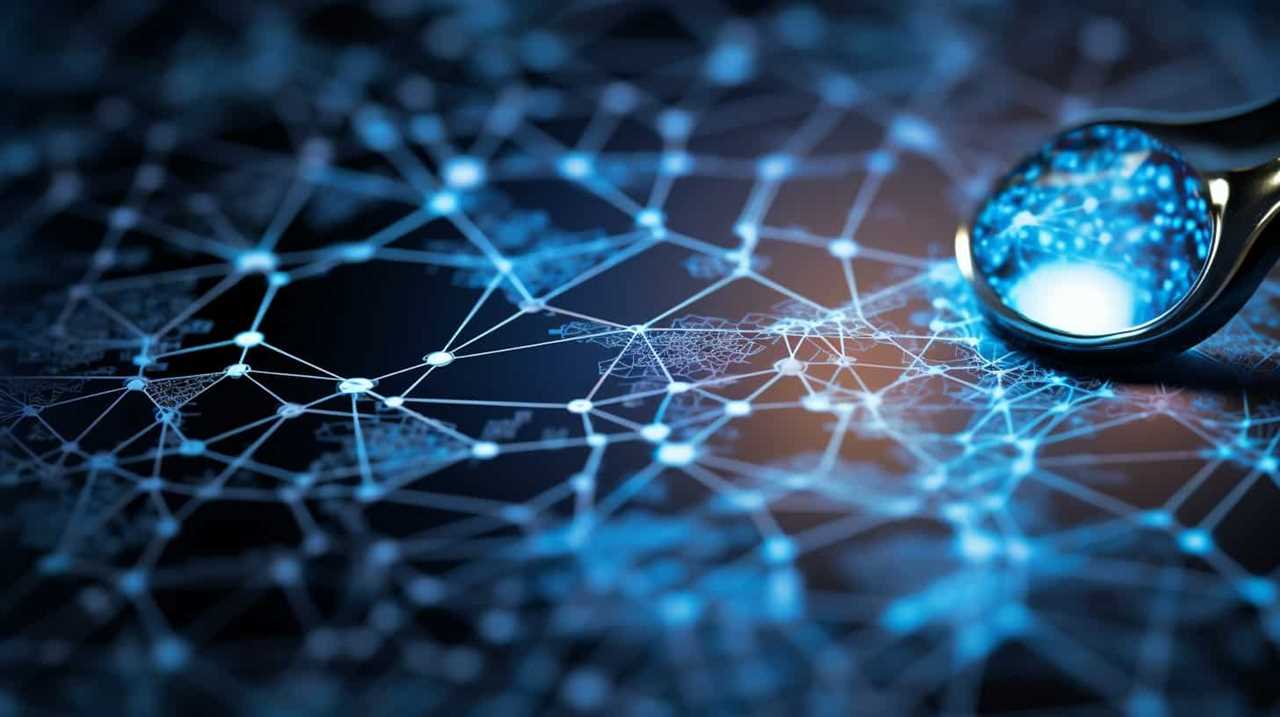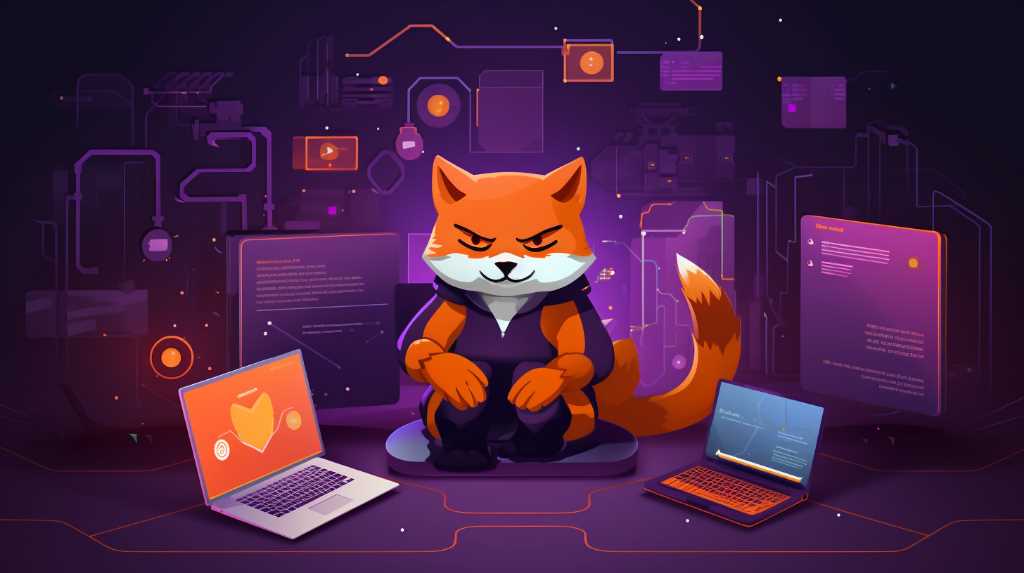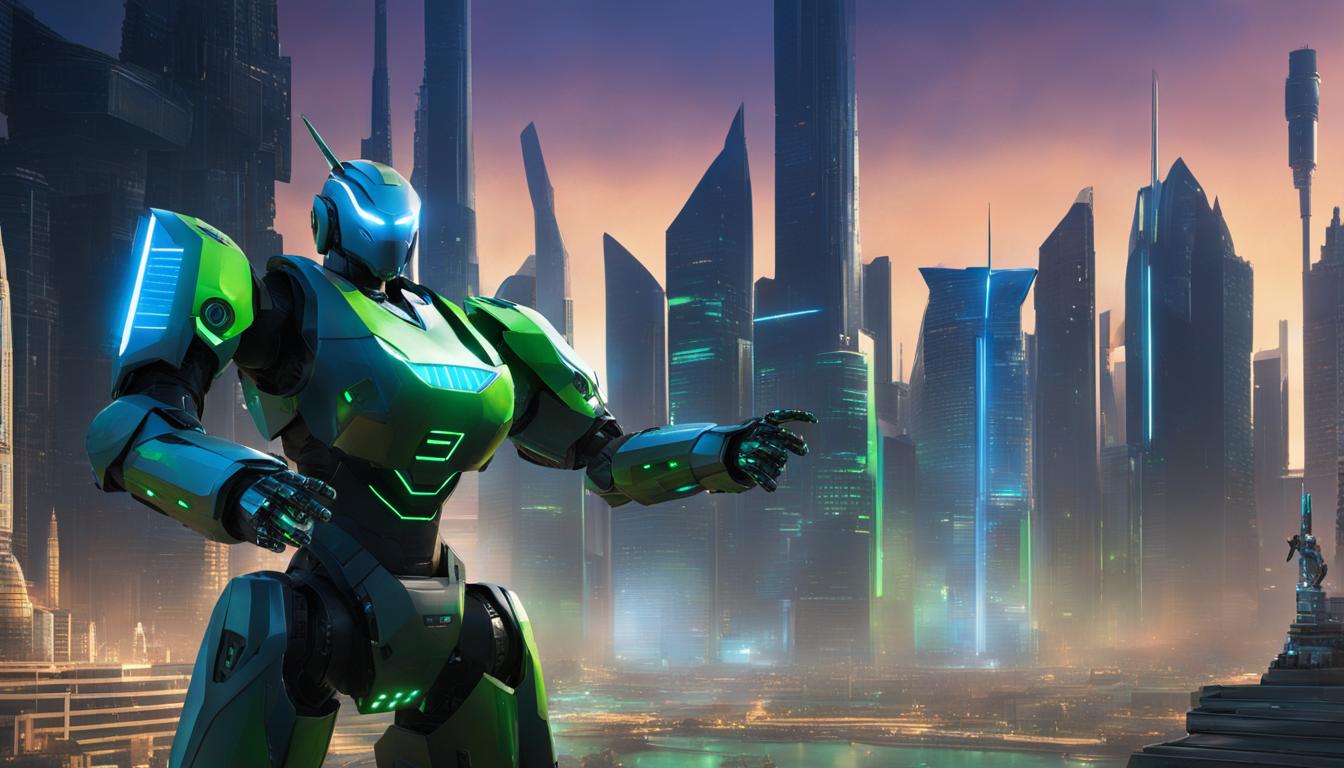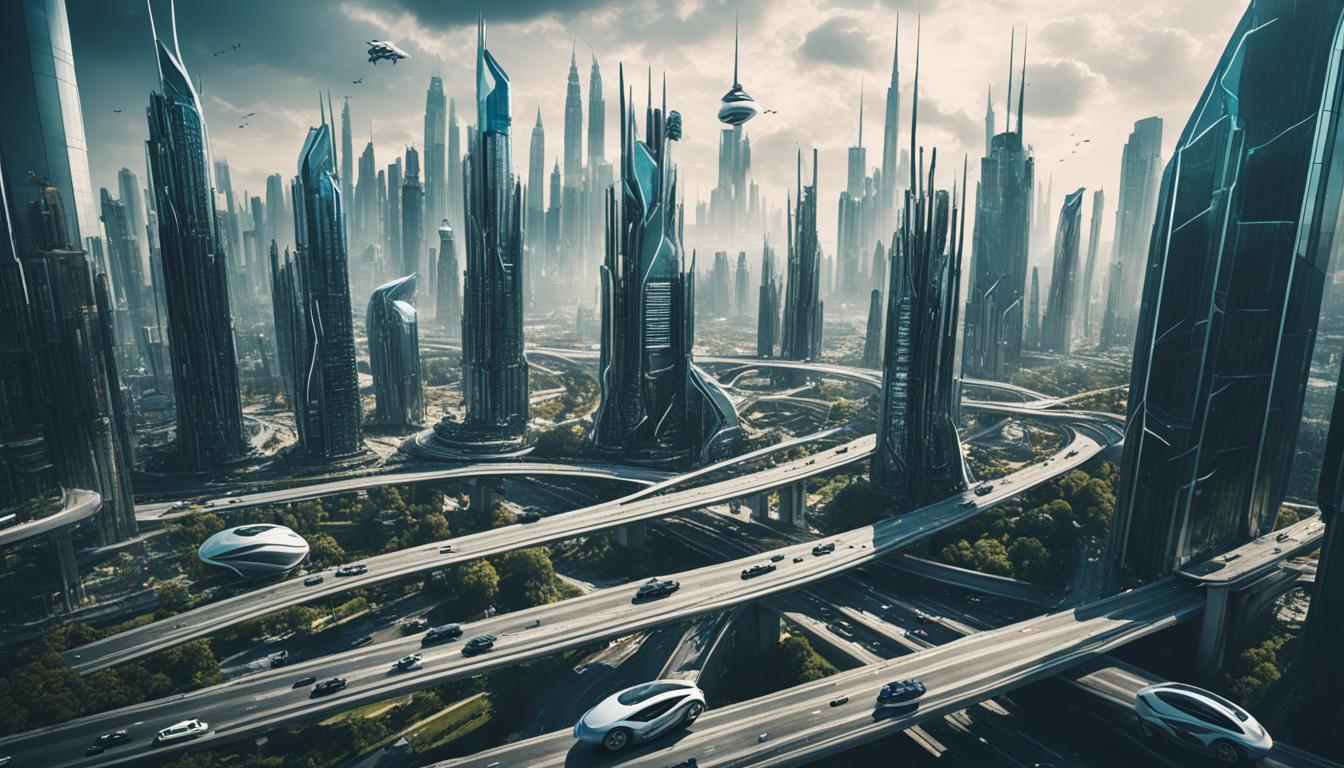With the continuous development of technology, there is growing concern about the impact that artificial intelligence could have on the job market. ChatGPT, known for its ability to generate code, write articles, and assist with data analysis, poses a significant challenge to traditional roles in fields like software development, technical writing, data analysis, graphic design, and content creation.
The efficiency and accuracy of AI in performing these tasks raise questions about the future of human employment in these domains. However, the conversation around the nuanced interplay between automation and human expertise remains crucial in understanding the evolving landscape of work.
Key Takeaways
- ChatGPT challenges traditional roles in creative writing, enhancing productivity and efficiency.
- AI revolutionizes coding practices, demanding less manpower and offering proficiency in various programming aspects.
- Technical content creation is redefined by AI, aiding in research and simplifying communication of specialized topics.
- Data analysis processes are transformed by ChatGPT, minimizing errors and potentially impacting traditional data analyst roles.
Computer Programmers
The emergence of ChatGPT in the field of computer programming is revolutionizing traditional coding practices through its efficient code-writing capabilities and error-correction mechanisms. AI technologies like ChatGPT are reshaping the role of computer programmers by offering faster and more streamlined solutions.
While human-written code is known for its accuracy, it often requires significant time and effort. In contrast, AI-produced code, such as that generated by ChatGPT, is not only fast but also demands less manpower. ChatGPT showcases proficiency in fundamental areas like data structures, algorithms, and even complex tasks like machine learning.
This shift towards AI assistance in coding tasks suggests a future where computer programmers can leverage tools like ChatGPT to enhance their productivity and efficiency. While human oversight remains vital for ensuring the quality and ongoing learning processes, the integration of AI technologies like ChatGPT can significantly streamline programming tasks, allowing programmers to focus on higher-level problem-solving and innovation.
Technical Writers
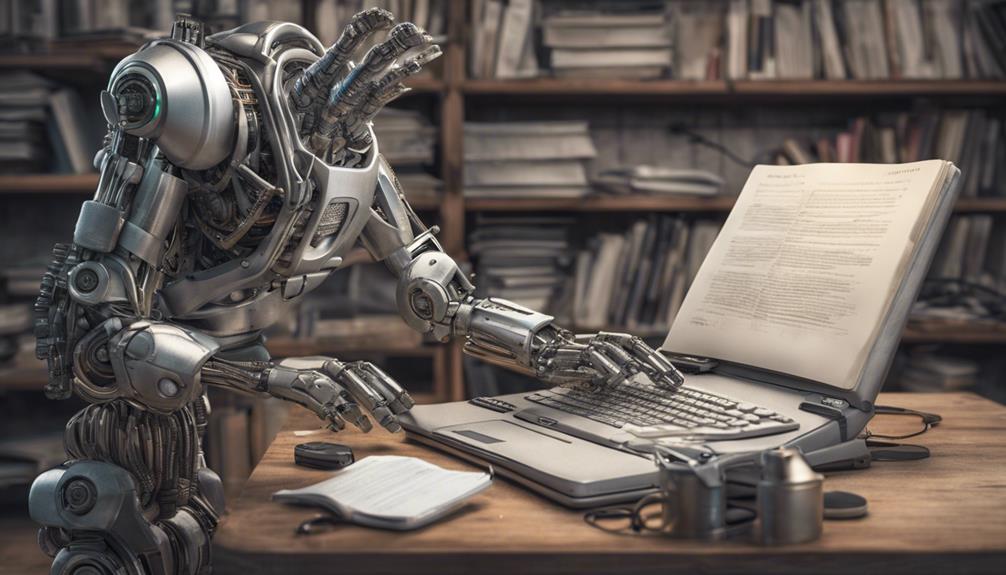
Reimagining the landscape of technical content creation, ChatGPT stands poised to redefine the role of technical writers through its innovative capabilities. By harnessing AI technologies, ChatGPT assists technical writers by offering valuable suggestions, prompts, and even generating entire articles. This tool proves invaluable in overcoming writer's block and aids in the research process for technical writing tasks, streamlining the creation of high-quality content.
One of the significant advantages of ChatGPT is its ability to simplify the communication of specialized topics effectively in technical content. However, as AI continues to advance, human technical writers may encounter heightened competition from AI-generated content in the future. This shift could potentially reshape the landscape of technical writing jobs, requiring professionals in the field to adapt and find new ways to add value where AI may fall short. The integration of AI technologies in technical content creation is inevitable, presenting both challenges and opportunities for the future of technical writing.
Data Analysts
In the evolving landscape of data analysis, ChatGPT emerges as a transformative tool reshaping traditional approaches to extracting insights and driving decision-making processes. With the assistance of AI tools like ChatGPT, data analysts can harness the power of quick insights and accurate data for tasks such as financial planning and market analysis.
The integration of AI in data analytics not only minimizes human errors but also significantly enhances the efficiency of data analysis processes. Moreover, the increasing reliance on AI for ensuring data accuracy raises the potential for traditional data analyst roles to be replaced by automated systems.
Key Points:
- ChatGPT aids data analysts by providing quick insights and accurate data for various analytical tasks.
- AI tools minimize human errors, ensuring higher precision and efficiency in data analysis.
- The reliance on AI for data accuracy has the potential to phase out traditional data analyst roles in the future.
- ChatGPT and similar AI tools might transform the role of data analysts across different industries, impacting the need for human intervention in data analysis tasks.
Graphic Designers
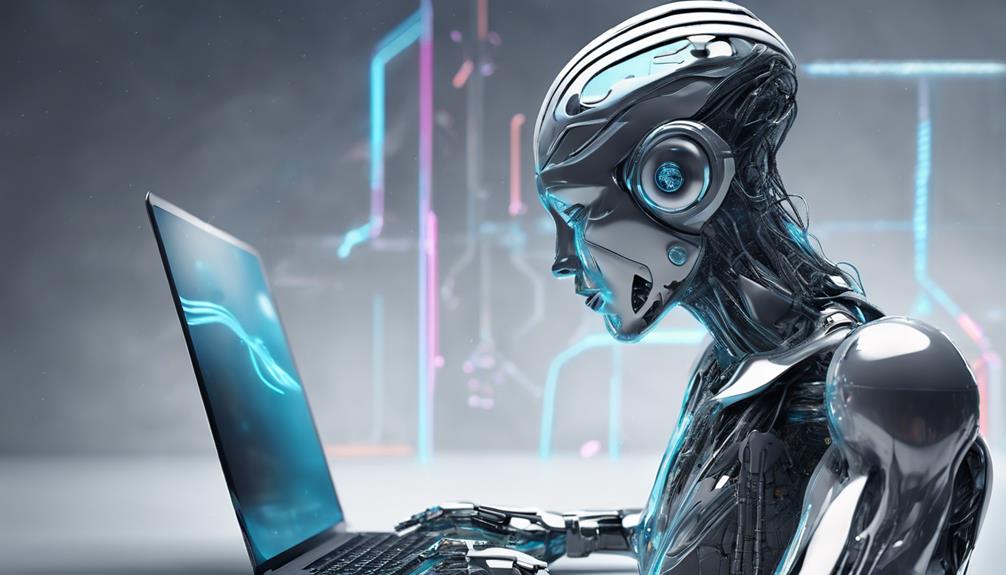
As the realm of design continues to evolve with technological advancements, the role of graphic designers faces a transformative shift due to the emergence of AI tools like DALL-E by OpenAI. AI-generated graphics challenge human creativity in design tasks, raising ethical concerns about originality. While AI tools streamline image production, human designers excel in crafting unique and thoughtful visuals that AI may struggle to replicate.
| Challenges for Graphic Designers | Implications |
|---|---|
| AI-generated graphics | Threat to traditional design roles |
| Human creativity | Uniqueness in visual storytelling |
| Ethical concerns | Originality of AI-generated designs |
| AI's impact on design processes | Streamlining image production |
| Unique human touch | Creation of thoughtful visuals |
The future of graphic design may witness a blend of AI and human creativity, where designers harness technology to enhance their work rather than being replaced by it. The ability of human designers to infuse emotion, context, and deeper meaning into their creations remains a unique strength that AI may not fully emulate.
Copywriters/Email Writers
The landscape of copywriting and email writing is undergoing a significant transformation with the increasing integration of ChatGPT technology in content creation processes. As AI tools like ChatGPT advance, they are reshaping traditional roles in creative writing. Here's how ChatGPT is impacting copywriters and email writers:
- Efficiency: ChatGPT can efficiently produce quality content, impacting copywriting jobs by providing quick and accurate writing.
- Originality Concerns: AI technology may struggle with originality and emotional expression in writing, potentially disrupting creative writing tasks.
- Email Writing: ChatGPT's ability to generate professional emails quickly can challenge traditional email writing roles.
- Competition: The unique human touch and creativity valued in copywriting may face competition from AI tools like ChatGPT.
The increasing reliance on AI for content creation tasks may lead to a shift in the role of copywriters and email writers in the future. As technology evolves, professionals in these fields will need to adapt to remain relevant in a changing industry landscape.
Frequently Asked Questions
Which Jobs Can Chatgpt Replace?
ChatGPT has the potential to replace roles in customer service, translation, and data entry due to its automation capabilities. While excelling in these tasks, it cannot entirely substitute jobs requiring human empathy and specialized expertise.
What Jobs Will AI Replace in the Next 5 Years?
In the next 5 years, AI is poised to replace roles such as customer service representatives, technical writers, data entry clerks, copywriters, email writers, and data analysts, as automated systems demonstrate efficiency in handling various tasks.
Which Jobs Will Be Replaced in Future?
In the future, jobs vulnerable to automation include those requiring repetitive tasks or basic writing skills. Roles in customer service and simple content creation may be replaced by AI technologies, streamlining operations and reducing costs.
What Jobs Will Not Be Replaced by AI by 2030?
Jobs requiring complex human expertise, empathy, emotional connection, and strategic decision-making, such as medical professionals, psychologists, managers, artists, designers, researchers, social workers, and counselors, are unlikely to be fully replaced by AI by 2030.
Conclusion
In conclusion, the rise of ChatGPT poses a significant challenge to traditional job roles in computer programming, technical writing, data analysis, graphic design, and copywriting/email writing. As technology continues to advance, the need for human intervention in these sectors may decrease, leading to a potential shift in the workforce.
According to a recent study by McKinsey Global Institute, it is projected that by 2030, up to 30% of tasks across various industries could be automated by AI systems like ChatGPT.
Ava combines her extensive experience in the press industry with a profound understanding of artificial intelligence to deliver news stories that are not only timely but also deeply informed by the technological undercurrents shaping our world. Her keen eye for the societal impacts of AI innovations enables Press Report to provide nuanced coverage of technology-related developments, highlighting their broader implications for readers.
